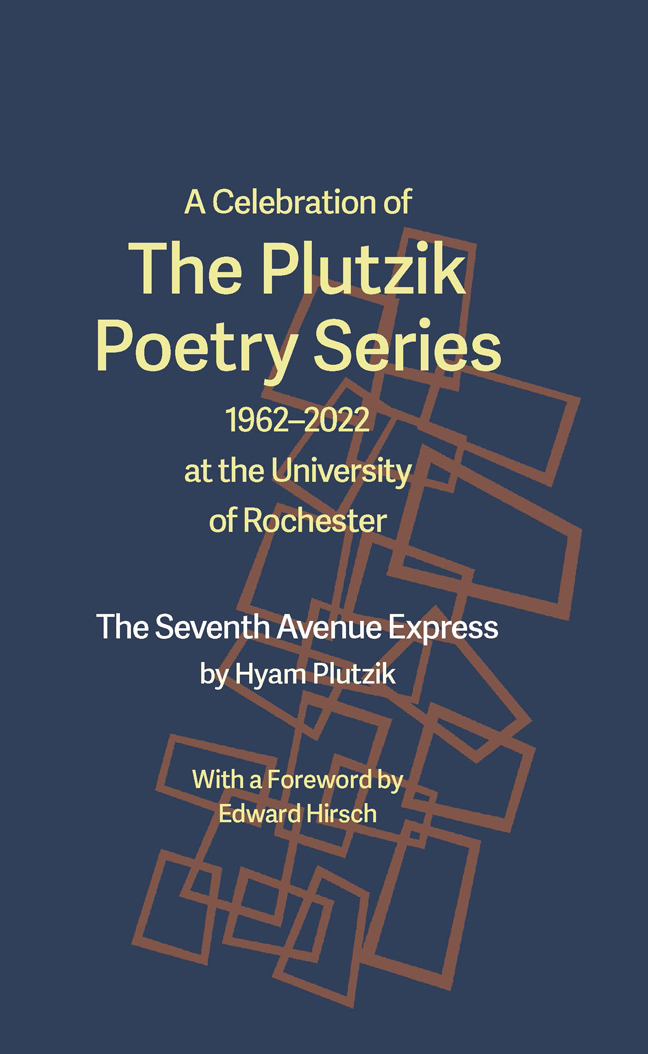Afterword: Publication History of The Seventh Avenue Express
Published online by Cambridge University Press: 02 March 2024
Summary
Hyam Plutzik wrote “The Seventh Avenue Express” in 1934–35. He was then working as a reporter for the Brooklyn Daily Eagle while taking a break from his graduate studies at Yale. After a six-year hiatus in Brooklyn and the Connecticut countryside, he finally returned to New Haven in 1940. Plutzik submitted the poem to the competition for the 1941 Albert Stanburrough Cook Prize, but it was rejected in favor of his alternative selection, “Death at The Purple Rim.” (Plutzik had won the Cook Prize in 1933 for “The Three,” making him the only poet to have twice won the prestigious award.)
Its publication here thus marks the first appearance of “The Seventh Avenue Express” in print. Anthony Hecht declined to include it in his 1987 edition of the Collected Poems in deference to Plutzik’s decision not to publish it as part of his first collection, Aspects of Proteus (1949).
It is perhaps not surprising to grasp Plutzik’s reluctance: his other two long poems had attracted greater approval from the poetry establishment. In 1933, Stephen Vincent Benét had been one of the Cook Prize judges, and Arthur Davidson Ficke was particularly impressed with “Purple Rim” in 1941. It is more likely, though, that Plutzik’s reluctance to see “The Seventh Avenue Express” in print is because of its subject matter. Plutzik was at heart a pastoral poet who preferred not to write much about cities with their grittiness and clamor: the setting for “The Three” was a mythological landscape of Olympian gods and goddesses, while “Death at The Purple Rim” was set in the bucolic Connecticut landscape that he called home for nearly half of his life.
Nor is it surprising to see Plutzik choosing to begin his poem with mathematical imagery. At Trinity, Plutzik excelled in that subject and seriously considered mathematics as a profession. The opening lines to “The Seventh Avenue Express” initially describe the subway in somewhat neutral terms, only hinting subtly at what is to come:
In a world finite but Euclidean,
Over parallel lines that never meet—
Twin bands of steel, luminous under the lamps—
The Seventh Avenue Express runs swift
And rhythmless, its windows throwing pale
And fretful cubes of light on tunnel walls …
But this cool, mathematical imagery quickly becomes stark and dystopic,
- Type
- Chapter
- Information
- A Celebration of The Plutzik Poetry Series1962-2022 at the University of Rochester, pp. 31 - 34Publisher: Boydell & BrewerFirst published in: 2024

